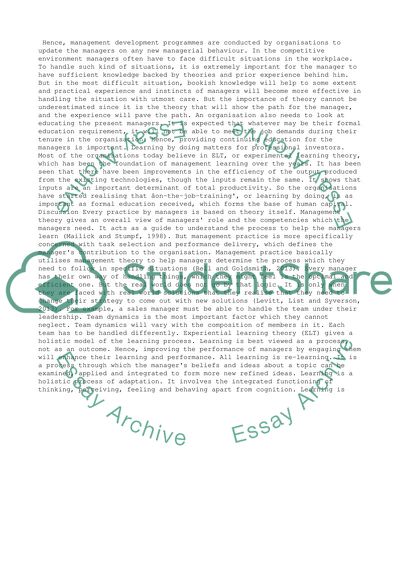Cite this document
(“Managers learn better from experience or theory Essay”, n.d.)
Managers learn better from experience or theory Essay. Retrieved from https://studentshare.org/management/1491305-managers-learn-better-from-experience-or-theory
Managers learn better from experience or theory Essay. Retrieved from https://studentshare.org/management/1491305-managers-learn-better-from-experience-or-theory
(Managers Learn Better from Experience or Theory Essay)
Managers Learn Better from Experience or Theory Essay. https://studentshare.org/management/1491305-managers-learn-better-from-experience-or-theory.
Managers Learn Better from Experience or Theory Essay. https://studentshare.org/management/1491305-managers-learn-better-from-experience-or-theory.
“Managers Learn Better from Experience or Theory Essay”, n.d. https://studentshare.org/management/1491305-managers-learn-better-from-experience-or-theory.


